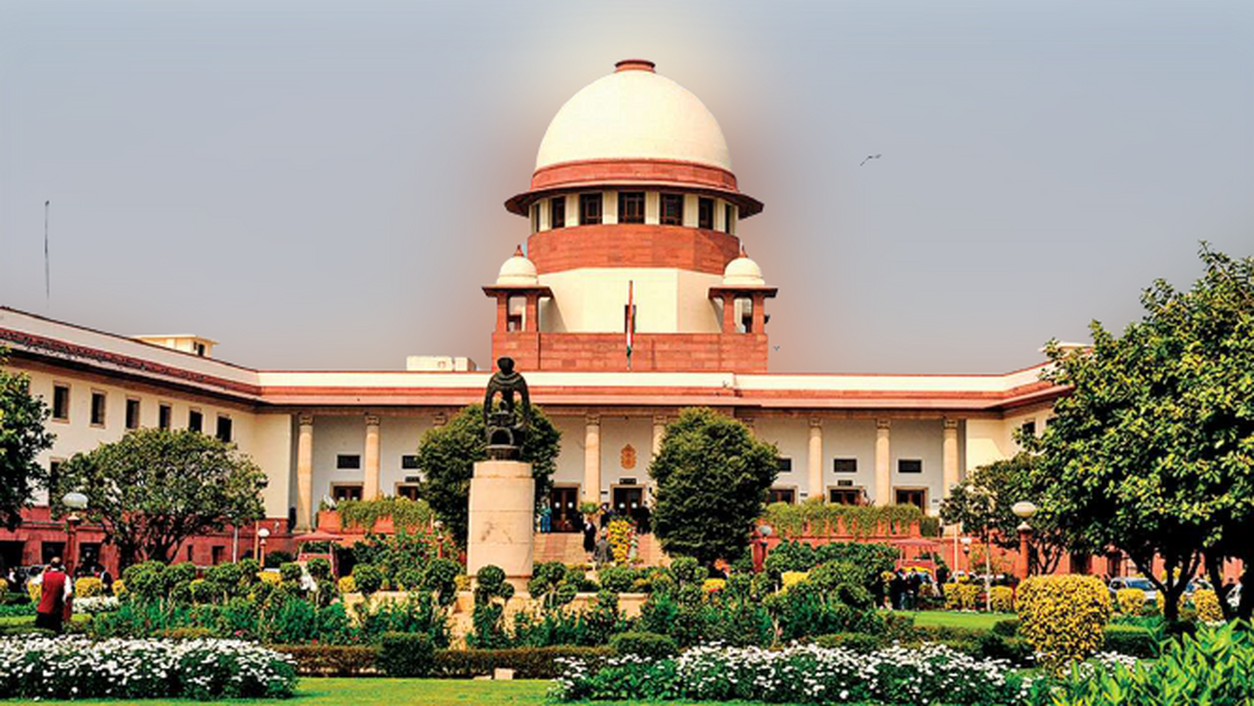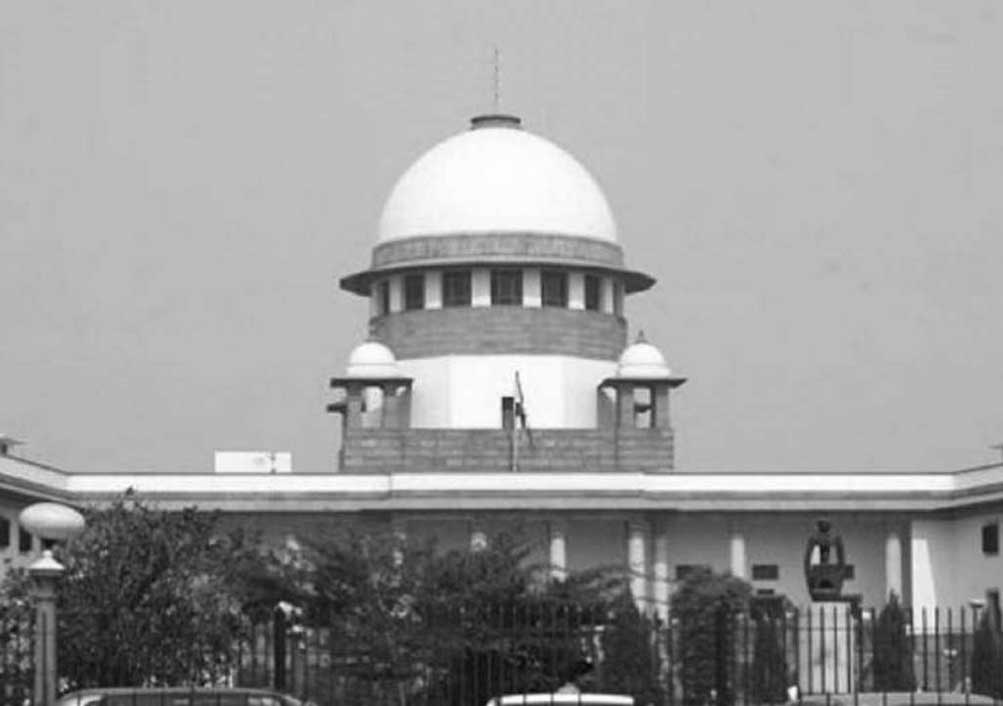Supreme Court acquits man undergoing life sentence for murder in case ‘based on circumstantial evidence’, says recovery of weapon wasn’t proved & theory of last seen together was very weak
Justices Abhay S. Oka & Ujjal Bhuyan [10-04-2024]

Read Order: ARUN SHANKAR v. THE STATE OF MADHYA PRADESH [SC- CRIMINAL APPEAL NO. 1186 OF 2022]
LE Correspondent
New Delhi, April 15, 2024: In a case where recovery of weapon was not proved and the circumstances were not consistent with the hypothesis of the guilt of the appellant, the Supreme Court has acquitted a murder convict serving life term.
The facts as presented by the prosecution was that the appellant and deceased (Sushildhar Dubey) were related and were residents of village Amgoan. They used to go together to drink liquor. The incident was of the year 1993 when both of them went to the house of PW2 to drink liquor. Nobody saw the deceased alive thereafter, and his dead body was found next morning on a road. The prosecution case was based on circumstantial evidence. The circumstances were the recovery of the knife at the instance of the appellant, which was the instrument of assault on the deceased, fact that they were last seen together; medical opinion on the injury sustained by the deceased and cause of death; and habit of the deceased of drinking liquor with the appellant.
It was the case of the appellant that last seen together is a very weak circumstance as there was evidence on record to show that the appellant and the deceased were related. Very often, they used to consume liquor together. It was submitted that the recovery of the knife at the appellant’s instance had not been proved and even the existence of motive had not been pleaded and proved by the prosecution.
The State Counsel submitted that the dead body of the deceased was found within a few hours from the time at which the appellant and the deceased were last seen together. It was contended that recovery of the weapon used by the appellant to attack the deceased had been duly proved, and all circumstances forming part of the chain of circumstances had been established.
It was noticed by the Division Bench comprising Justice Abhay S. Oka & Justice Ujjal Bhuyan that neither PW-2 nor PW-6(wife of deceased) stated that on the day of incident there was any dispute or altercation between the appellant and the deceased. Thus, the deceased being in company of the appellant was not an unusual circumstance. This made the case based on the theory of last seen together very weak in absence of motive.
The Bench further observed that the recovery of the knife at the instance of the appellant had not been duly proved. They had not stated that the discovery was made from a place disclosed by the appellant in their presence. Moreover, memorandum recording the statement of the appellant had not been duly proved. Considering this, the Bench opined that one part of the chain of circumstances had not been established.
Thus, the recovery of the weapon at the instance of the appellant had not been proved. Therefore, it couldn’t be said that all the circumstances forming part of the chain of circumstances had been duly proved. Moreover, the evidence of PW-7, who deposed that pieces of glass were found at the place of the incident, and the opinion of the doctor who performed postmortem created a doubt about the prosecution story.
“There is no explanation by the prosecution for the presence of a large number of glass pieces at the place where the body of the deceased was found. The circumstance of last seen together is a very weak circumstance in the facts of the case. The circumstances brought on record are not conclusive in nature. The circumstances are not consistent only with the hypothesis of the guilt of the appellant”, it added.
Thus, allowing the appeal, the Bench acquitted the appellant of the offences alleged against him.
Sign up for our weekly newsletter to stay up to date on our product, events featured blog, special offer and all of the exciting things that take place here at Legitquest.




Add a Comment